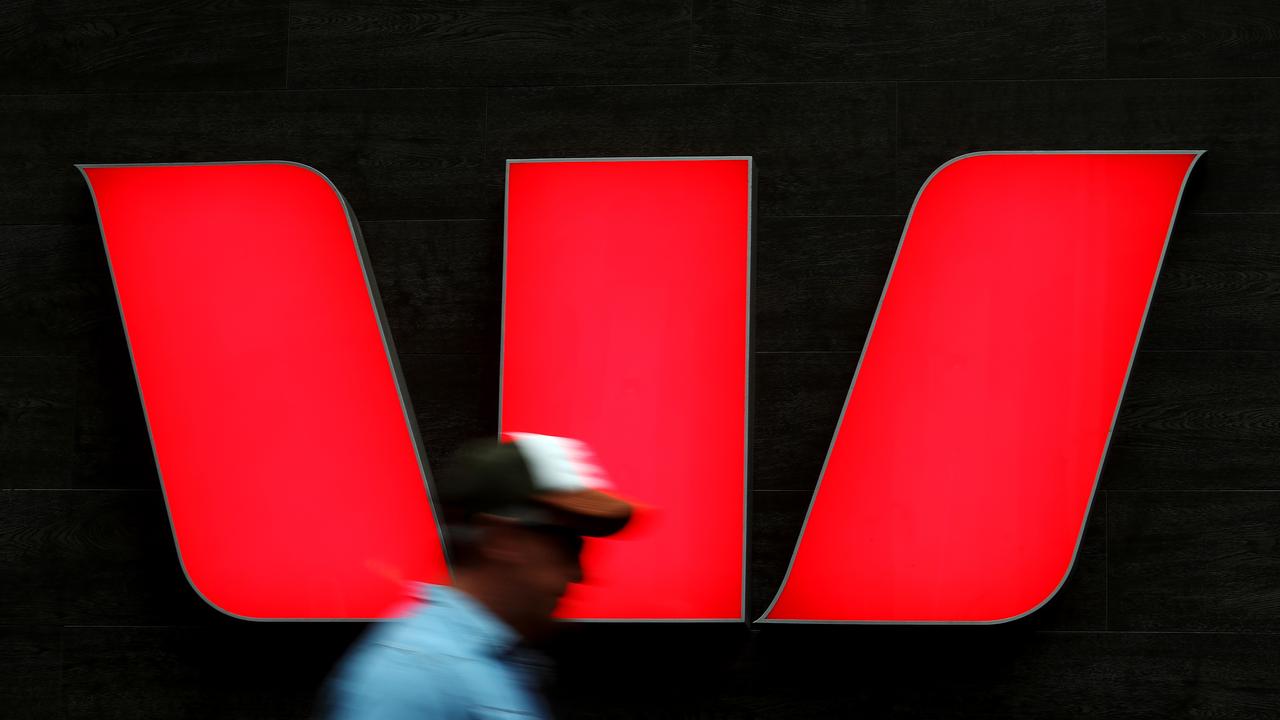Hayne prompts ASIC bare its teeth in Westpac’s dodgy rates trade case
ASIC will play hardball against Westpac in a court penalty hearing over its unconscionable trading in the rates market.

New ASIC chairman James Shipton has slipped on the hobnailed boots ahead of today’s Federal Court penalty hearing over Westpac’s unconscionable trading in the bank bill swap rate market.
It’s understood that the watchdog, instead of backing a maximum penalty of $3.3 million for Westpac’s four transgressions, will pitch judge Jonathan Beach for a much higher figure based on the number of dodgy trades executed by the bank.
Royal commissioner Kenneth Hayne’s interim report amounted to an open, 1000-page licence for ASIC to play hardball against the big four banks.
Evidently, the regulator has received the message loud and clear.
If the watchdog succeeds tomorrow, the penalty imposed by Justice Beach will resemble the commercial settlements negotiated by each of Westpac’s three rivals in their own BBSW cases.
ANZ, National Australia Bank and Commonwealth Bank settled similar matters for a combined total of $125 million.
Keen observers will recall that Justice Beach’s decision last May in the Westpac case was spun by both sides as a magnificent victory.
ASIC felt vindicated because Westpac, on four of the 16 occasions under examination, was found to have engaged in unconscionable conduct under the ASIC Act through its involvement in setting the BBSW.
The court ruled the bank traded with the dominant purpose of influencing yields of prime bank bills in a way that was favourable to its rate set exposure.
It also determined that Westpac had inadequate procedures and training in breach of its obligations as a financial services licensee.
Justice Beach said: “Westpac’s conduct was against commercial conscience as informed by the normative standards and their implicit values enshrined in the text, context and purpose of the ASIC Act specifically and the Corporations Act generally.”
Despite the damning judgment, Westpac popped some bubbly, as well, because the more serious market manipulation charges were thrown out.
Publicly, its response was subdued, noting the decision and the fact that it followed a “complex investigation and court proceeding in relation to BBSW trading over a two-year period beginning in 2010 and ending in 2012”.
In an olive branch to ASIC, the bank said it was committed to working with regulators in a constructive manner, even when there was a genuine difference of opinion. “When that occurs our aim is to resolve the difference in an open, transparent and respectful way,” the bank said in a statement.
The statement read like a missive from the past, when there was a measure of goodwill between the regulator and the regulated.
Hayne was scornful of such an approach in his interim report.
“Much more often than not, when misconduct was revealed, little happened beyond apology from the entity, a drawn-out remediation program and protracted negotiation with ASIC of a media release, an infringement notice, or an enforceable undertaking that acknowledged no more than that ASIC had reasonable concerns about the entity’s conduct,” he said.
“Infringement notices imposed penalties that were immaterial for the large banks.
“Enforceable undertakings might require a ‘community benefit payment’, but the amount was far less than the penalty that ASIC could properly have asked a court to impose.”
True, ASIC took all four major banks to court over their BBSW conduct, and extracted fines that were significant in an Australian context while falling far short of those imposed in other jurisdictions. The fact that Westpac was likely to face a trifling fine was no fault of ASIC; it reflected the hopelessly inadequate penalty regime that is now being addressed.
However, the fact that ASIC is searching for another way to extract some blood from Westpac shows that the watchdog is baring its fangs. In Canberra, and in the court of public opinion, it has nothing to lose.
Bid to win bush trust
National Australia Bank directors trekked to Taree on the mid-north coast of NSW yesterday for their once-a-year board meeting in rural and regional Australia.
In previous years, the board has met in Toowoomba in southern Queensland and Mildura in Victoria’s northwest.
NAB chair Ken Henry, who grew up in the Taree region, was on hand for directions.
Last night, Henry addressed a function for about 100 NAB customers at Club Taree.
The feedback to the nation’s biggest rural lender from visits by senior executives to 13 regional towns around Australia over the last three months has been that the bank has to keep listening and get the little things right.
Service provision to the bush also had to be rethought.
That’s part of the reason why NAB retained former deputy prime minister John Anderson to help review its regional branch network, and reversed the decision to close outlets in Dungog and Narooma, both in NSW.
The bank also allowed customers to use farm management deposit earnings to offset their loan costs.
Henry flagged more initiatives at last night’s function, including NAB’s first agribusiness service centre outside the capital cities, to be located in Toowoomba.
Lending policies, he said, would be adjusted to better reflect the structure of local economies, and NAB would also set up regional and rural advisory council.
It’s all part of a concerted effort to win back trust in the bush, which has been shattered by evidence given to the financial services royal commission.
gluyasr@theaustralian.com.au
Twitter: @gluyasr



To join the conversation, please log in. Don't have an account? Register
Join the conversation, you are commenting as Logout